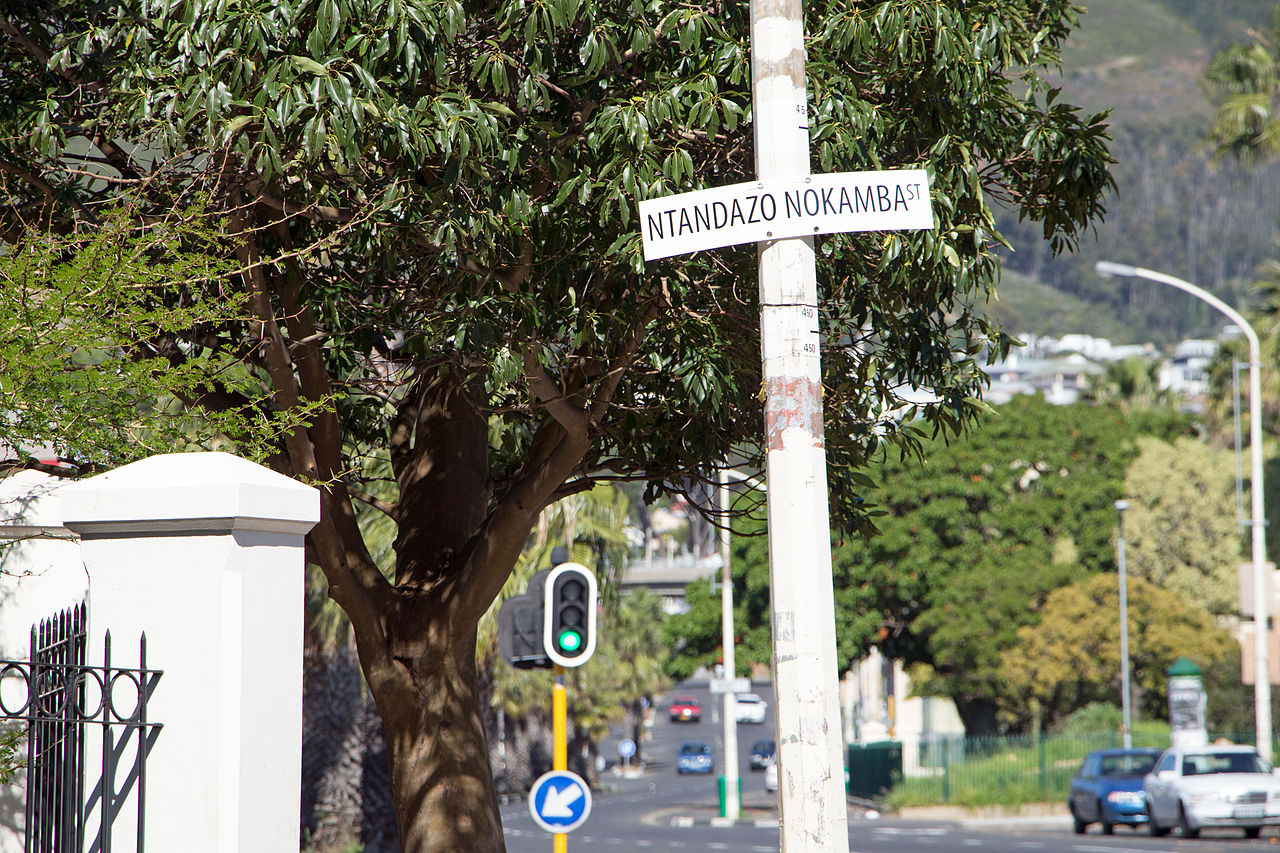The video playlist from our one-day symposium marking the 10th anniversary of the Marikana massacre—funded by Rosa Luxemburg Stiftung—is now on YouTube.
Marikana, 10 Years On
A series of essays and a <a href="https://www.youtube.com/watch?v=Dh7UKnXdLno&list=PLseDnIPw8h8JjAMaKU82th2_KbhTQD-2k&ab_channel=AfricaIsaCountryTV">one-day symposium</a> funded by Rosa Luxemburg Stiftung’s Southern Africa Regional Office and OSF.
South African companies can afford to pay their workers a living wage—if not for their commitment to profit shifting, as the case of Lonmin and Marikana showed.
Why do representative bodies like the union, the party, and the so-called Left seem to fail its constituents during struggles like Marikana?
Accountability—insofar as it ever existed within the South African Police Service—has been reduced to a merely theoretical concept. It is time this changed.
In South Africa, the seismic shifts in unionism triggered by the Marikana Massacre have sadly not resulted in a union movement better equipped to tackle the issues that workers face.
The impact of the Marikana massacre on South Africa’s student movement for free education, and an end to outsourcing, has been overlooked.
We know an enormous amount about what precipitated the 2012 Marikana massacre, but relatively little about what is behind the violence there since.
The Marikana Massacre changed democratic South Africa forever. It can also catalyze resistance to the current order.







